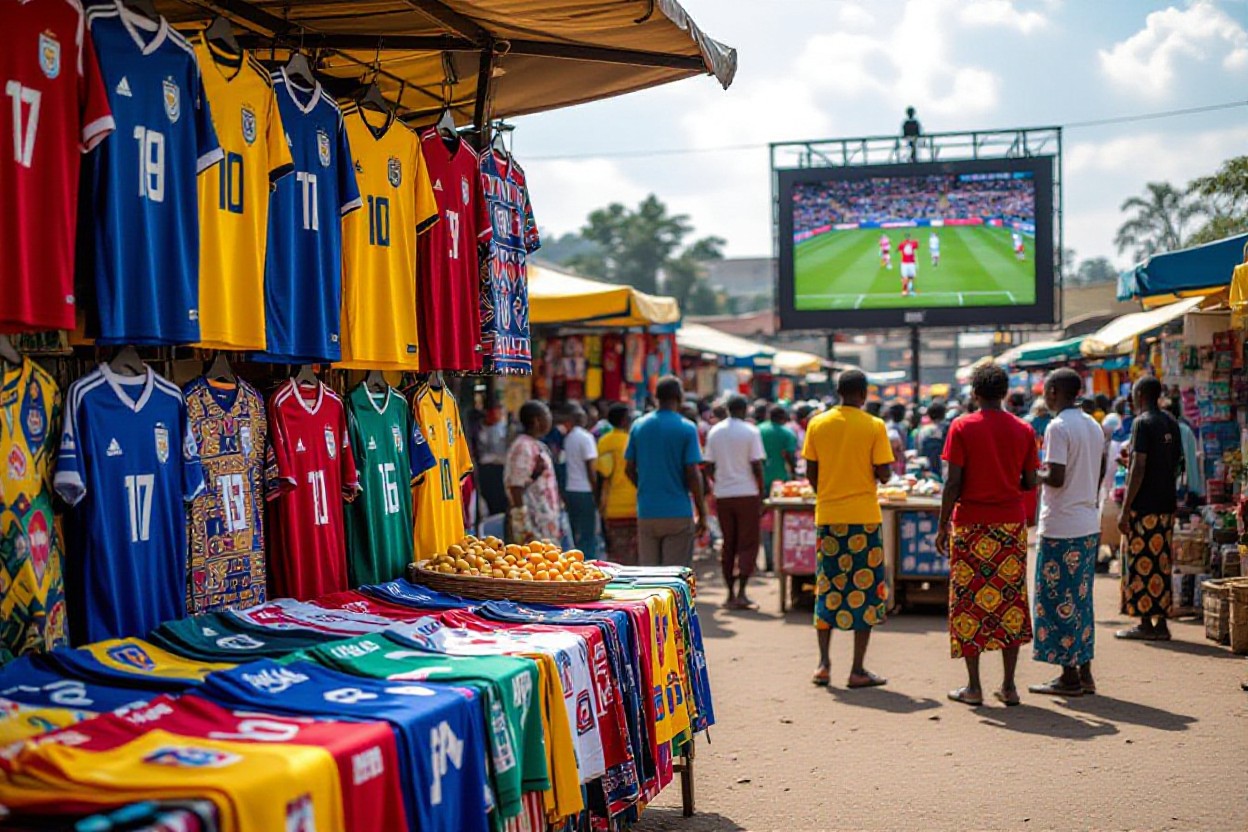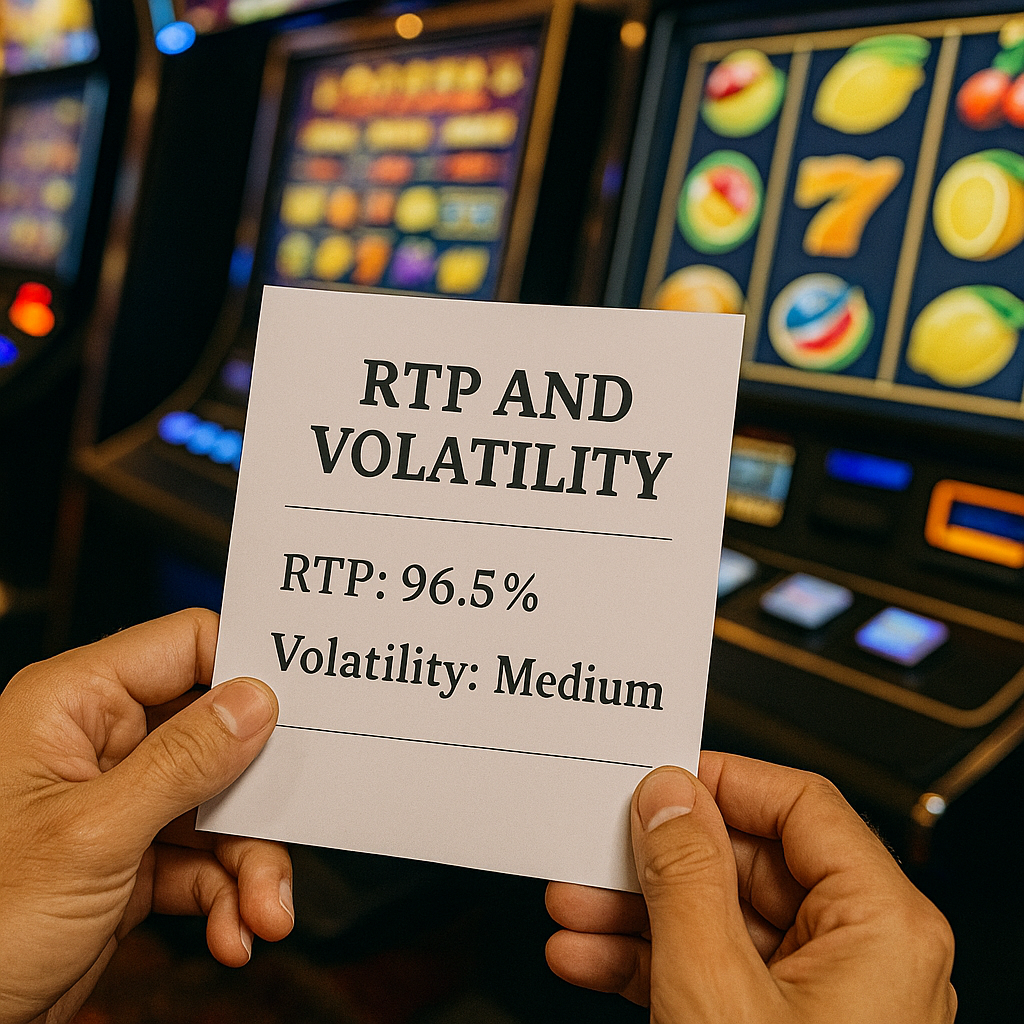Betting on local Tanzanian clubs versus international sides requires a disciplined, research-driven approach: prioritize bankroll management and detailed scouting, exploit value in local odds and home advantage, and maintain strict records to spot patterns; be especially wary of match‑fixing, limited statistical data, and sudden lineup changes that increase risk. Use comparative analysis of form, travel fatigue, and local conditions to inform smaller, selective stakes rather than broad wagers.
Types of Betting
Markets range from basic Match Result (1X2) to tactical options like Asian Handicap and Over/Under. Local matches for Local Tanzanian Football Clubs often show volatile odds and value in home advantage, while International Football offers deeper markets, live in-play tools and advanced stats. Use head-to-heads, referee tendencies and lineup depth when applicable. After weighing liquidity, bankroll and scouting, pick markets that match your research.
- Match Result (1X2)
- Over/Under
- Asian Handicap
- Both Teams to Score (BTTS)
- Accumulators
| Match Result (1X2) | Best for single-game bets; in Tanzania, home wins (e.g., Simba SC vs Yanga) often carry measurable edge due to travel and pitch conditions. |
| Over/Under | Works where goal patterns are known; local league averages may lean under 2.5, while top European leagues trend higher. |
| Asian Handicap | Reduces draw variance; useful on international fixtures with clear strength gaps (e.g., Manchester City away vs small club). |
| Both Teams to Score (BTTS) | Effective when teams show contrasting defensive records; international cup rotations can increase BTTS probability. |
| Accumulators | High payout but high variance; safer to include a mix of local low-risk picks and one selective international outsider. |
Local Tanzanian Football Clubs
Betting local clubs like Simba SC and Young Africans (Yanga) demands focus on roster changes, travel logistics and pitch quality; home advantage at venues such as Benjamin Mkapa Stadium can swing odds by several tenths. Matchday lineups are often announced late, so monitor team sheets and suspension lists. Strong scouting of local form and attendance patterns yields value, but expect sharp odds shifts near kick-off.
International Football
International markets offer greater liquidity—top leagues (EPL has 380 matches/season) and UEFA competitions (Champions League group stage: 96 matches) produce deep odds and statistical models. Squad rotation, fixture congestion and rotation rules create exploitable edges; bookmakers sometimes misprice rotated lineups in midweek cups, presenting selective opportunities. Use advanced metrics like xG and minutes-played to quantify value and guard against late lineup surprises.
More detail: focus on midweek fixtures where elite clubs rotate—tracking rotation rates (e.g., benching 5+ starters) reduces expected goals and can turn a favorite into a market value bet. Analyze travel distances, recovery days and substitution patterns; historical cases show upsets spike when top teams play three matches in seven days. Combine quantitative models with real-time team-sheet monitoring for the best edge.
Tips for Successful Betting
Focus on measurable edges: combine bankroll management with line shopping and a bias toward markets where you have local insight, such as squad news or pitch conditions. Use recent form (last 5–8 matches), home/away splits and schedule congestion to spot value. Compare odds between local books and international sportsbooks to exploit inefficiencies. Local Tanzanian clubs often rotate for CAF ties while international football sides prioritize different competitions. Assume that you adjust stakes based on market value, injury updates and confirmed starting lineups.
- Bankroll management
- Line shopping
- Value betting
- Local Tanzanian clubs
- International football
Understanding Team Dynamics
Assess coaching changes, squad depth and fixture load: teams like Simba SC and Young Africans (Yanga) juggle league, cup and CAF commitments, which often forces rotation and affects form. Track minutes-rest ratios—players with under 3 days’ recovery show performance drops—and note travel strain for long away trips across Tanzania. Home pitch quality can tilt outcomes toward physical, low-possession styles; use that to predict under/over and game tempo markets.
Analyzing Player Performances
Prioritize recent 6-match form, minutes played, goal involvement (goals+assists) and set-piece duties when evaluating players. Factor in yellow-card accumulation and suspension risk, plus substitution patterns: starters vs impact subs behave differently betting-wise. If a striker has 6 goals in his last 8 starts, weight his expected minutes and penalty role more heavily for scoring markets.
Dig deeper by calculating minutes-per-goal/assist and percentage of team goals a player contributes; a midfielder responsible for 30% of chances created is high value. Adjust metrics for opponent strength (use last-season league position or head-to-head results) and separate domestic from continental form—some players underperform internationally. Monitor transfers and medical reports: losing a primary penalty taker or playmaker typically shifts markets by 10–30% in implied probability within 24–48 hours.
Step-by-Step Betting Guide
| Step | Action |
|---|---|
| 1–5 |
Follow five concrete steps: 1) set a bankroll and stake per bet (commonly 1–3% conservative, 3–5% aggressive); 2) research form, head-to-head and lineups for the last 6 fixtures; 3) shop odds across at least 3 bookmakers; 4) choose bet type (match result, double chance, Asian handicap, over/under); 5) use in-play only after lineups or first 20 minutes for local matches where late rotation is common. |
Researching Teams and Matches
Check the last 6 league and cup matches, head-to-head trends, and starting XI announcements (often released 30–60 minutes before kickoff). Prioritize squad rotation patterns for domestic cup ties, referee tendencies, pitch and weather on match day, and travel logistics for away teams. Compare bookmaker odds versus implied probabilities to spot value, and treat bets placed before official lineups as risky when managers rotate heavily.
Placing Bets Strategically
Adopt a unit staking plan and avoid oversized parlays; pre-match, favor double chance or draw no bet on uncertain local fixtures and Asian handicap on international games. Shop odds across multiple sites and use in-play after the first 20 minutes to exploit late information on lineups and tempo, keeping individual stakes small (0.5–3% depending on confidence).
For example, when a Tanzanian club faces a stronger international opponent, consider a small pre-match hedge: 2% unit on double chance for the home side and a 1% live trade if they score early. In continental ties where travel and altitude matter, reduce stake sizing and prefer markets like under 2.5 goals or +0.5 Asian handicap; those markets often reflect value after sportsbooks widen margins. Avoid betting on stale odds after sharp line moves, as that behavior is dangerous to long-term ROI.
Factors Influencing Betting Outcomes
Factors like squad depth, travel, pitch state and officiating shift value between local Tanzanian clubs and international football. Big derbies at Benjamin Mkapa Stadium (≈60,000) or remote provincial grounds can swing markets fast; bookmakers sometimes underprice home advantage in the Ligi Kuu Bara, creating value in underdog and totals markets. Assume that you quantify injuries, fixture congestion and market movement before sizing stakes.
- Home advantage: crowd size, travel time
- Squad depth: rotation, continental commitments
- Injuries & suspensions: last-minute absences
- Pitch & weather: rain, drainage, turf type
- Refereeing: local officiating tendencies
- Odds movement: steam, sharp money
Historical Performance
Focus on measurable windows—last 10–20 matches, head-to-head and continental form—to price Historical Performance. For instance, a club with a five-match home winning streak and a +8 goal difference over ten games justifies shorter odds; teams coming off heavy CAF schedules often suffer fixture fatigue. Use points-per-game, head-to-head splits and available xG to weight recent trends for short-term markets.
Weather and Venue Conditions
Weather and Venue Conditions alter tactical outcomes: Masika (Mar–May) long rains make pitches heavier and reduce scoring, while coastal heat increases player fatigue. Expect coastal match-days to hit 28–32°C with high humidity, shifting value toward lower totals and squads built for physical play.
Confirm match-day forecasts, recent pitch photos and stadium drainage history—poor drainage often yields muddy, low-scoring contests. Coastal venues at sea level bring heat and humidity, whereas highland venues above 1,000m reduce oxygen density and favor acclimated home sides. Also factor road transfers of 6–12 hours between fixtures, which commonly depress second-half intensity and raise the likelihood of late substitutions.
Pros and Cons of Betting on Local Clubs
| Strong local following Matches like Simba vs Young Africans draw 30,000–60,000 fans, creating predictable home advantage patterns. |
Limited markets Bookmakers often list under 20 markets per Tanzanian match versus hundreds for top European games. |
| Information edge Local scouts, social media and regional reporters can reveal lineup or injury details before international outlets. |
Lower liquidity Smaller betting pools cause volatile odds and larger stake impact on price movement. |
| Higher value opportunities Bookmakers may misprice unfamiliar teams, creating value bets for informed bettors. |
Refereeing inconsistency Less VAR and variable officiating can produce unpredictable results and controversial outcomes. |
| Unique local factors Travel fatigue, pitch quality and weather often influence results more than in international fixtures. |
Match‑fixing risk Lower oversight increases exposure to corruption and suspicious betting activity. |
| Community knowledge Supporting local teams provides contacts for timely tips and grassroots insights. |
Poor data availability Limited live stats and historical datasets make quantitative models less reliable. |
| Promotional offers Local clubs sometimes trigger special bookmaker promotions or boosted odds for domestic derbies. |
Broadcast limits Fewer live streams hamper in‑play strategies and timely reactions to game events. |
Advantages of Supporting Local Teams
Backing local sides like Simba SC or Young Africans (Yanga) gives access to community reports, predictable derby attendance (30,000–60,000), and often mispriced odds from bookmakers unfamiliar with Tanzanian nuances; combining match‑day travel patterns, squad rotations and local press can yield an informational edge that converts to consistent small-margin profits over a season.
Disadvantages and Risks
Betting on local clubs faces higher volatility due to low liquidity, sparse markets (often under 20), inconsistent officiating, and limited live data; these factors increase variance and make bankroll swings more likely than when betting top international fixtures.
Further, match‑fixing and corruption remain the main dangers: lower oversight and smaller markets mean suspicious actions have outsized impact, while scarce historical data weakens predictive models—best practice is to track integrity reports, avoid large single‑match stakes, and favor markets where you have confirmed, verifiable local information.
Pros and Cons of Betting on International Matches
International fixtures bring larger markets and deeper liquidity—World Cup tournaments reached over 3.5 billion viewers in 2018—yet they also carry greater volatility from sharp money and line movement. Matches in top leagues produce dozens of pre-match and in-play markets, improving value-finding, while away travel, rotation and unfamiliar refereeing standards can create unexpected outcomes and higher variance for bettors focused from Tanzania.
| Pros | Cons |
|---|---|
| Wider market selection (handicaps, props, exchanges) | Odds move quickly due to large volumes and sharps |
| Access to advanced data (Opta, Wyscout) | Greater competition from professional bettors |
| Higher liquidity for staking larger amounts | Time-zone challenges for live betting from Tanzania |
| Consistent broadcast and scouting for analysis | Bookmaker limits or account restrictions for winners |
| More televised games for in-play trading | Frequent roster rotation in friendlies and qualifiers |
| Arbitrage and value via multiple global books | Currency conversion and payout processing issues |
Advantages of Global Football Insights
Global coverage gives access to granular metrics and scouting reports used by professionals; platforms like Opta and Wyscout supply event-level data and heatmaps that reveal patterns not obvious from scores alone. Analysts leverage expected goals (xG) and pressing data to spot value—for example, teams with high xG conceded but low actual goals often regress, creating edge in markets where bookmakers underreact to underlying stats.
Disadvantages and Challenges
International betting faces lineup uncertainty during FIFA windows: clubs rest players and coaches rotate heavily. Market sharpness on Premier League or Champions League matches means bookmakers react within minutes to news, making late-value entries risky, and some bettors report account limits after sustained wins.
Additionally, smaller confederation fixtures (e.g., some CAF qualifiers) often lack reliable broadcast and officiating consistency, increasing match-fixing and referee bias risk; local bettors must factor sample-size limitations, travel fatigue, and payout or KYC hurdles when shifting bankrolls across international books.
Final Words
Conclusively, betting on Tanzanian clubs requires local scouting, attention to pitch and travel effects, squad changes, and financial stability, while international markets demand line-up transparency, deeper statistical analysis, and sharper odds comparison. Prioritize disciplined bankroll management, exploit market inefficiencies, use live markets selectively, and combine local qualitative insight with objective models to identify value and manage risk.
FAQ
Q: How should I research and evaluate local Tanzanian clubs differently from international teams?
A: For Tanzanian clubs focus on local sources: Ligi Kuu Bara reports, club social media, regional sports sites, local journalists, match footage from broadcaster clips, and fan forums for lineup and injury tips. Factor in pitch quality, travel logistics, altitude and weather, squad rotations for domestic cups, and coaching instability. For international teams use broader statistical services (e.g., Opta-style feeds, Transfermarkt, WhoScored), tactical analyses, and larger-sample form metrics. Combine qualitative local insights with quantitative international data to form a probability estimate rather than relying solely on headline results.
Q: What market differences should I exploit when betting on Tanzanian clubs versus international matches?
A: International markets are deeper and more efficient, so edge is smaller; Tanzanian markets are thinner, with slower information flow and more pricing errors. Use line shopping across local and international bookmakers, monitor odds movements after lineup news, and look for value in early lines for local games where few bettors act. Beware low liquidity and higher bookmaker limits on niche markets; avoid tiny markets prone to line manipulation. Use Asian handicaps and goal lines for leagues where scoring patterns are consistent, and consider prematch vs live timing: bet early for mispriced local lines, and use live markets for international games where substitutions and tempo shifts are visible.
Q: What staking and risk-management strategies fit betting on local Tanzanian clubs compared to global fixtures?
A: Use conservative unit sizing and strict bankroll rules. Allocate a smaller percentage per bet on local matches due to higher variance and information asymmetry. Apply flat-staking or a fractional Kelly approach to scale stakes by assessed edge. Diversify across matches and markets to reduce event-specific risk. Set stop-loss limits, cap exposure to any single bookmaker (especially local ones), and avoid heavy stakes on high-variance markets like correct score unless you have a documented edge. Track results by market and region to refine strategy over time.




